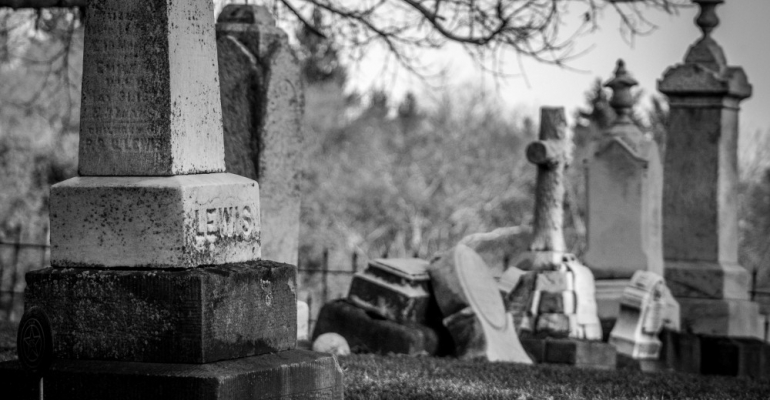
The Power and the Glory
As well as a vocabulary that would probably be considered challenging in adult fiction today, let alone stories for children, there is a strain of social conservatism throughout the tales that would not be considered appropriate in our cultural moment. The social conventions of the 1950s were very different from those of the 2020s.
Lewis was writing the Narnia stories around the time that Queen Elizabeth ascended the throne: perhaps that was a subconscious link that prompted me to pick up the books again. Our Queen, for all the modernising tendencies of the Royals, was in many ways a figure of the 1950s. As has been repeatedly observed since her death, Elizabeth represented the mid-century, war-time, generation – she was the bridge between Imperial Britain and Cool Britannia. It was that living connection to the past that makes her death so significant.
The Queen’s funeral, too, was in many ways a 1950s event. The representation of women among the clergy and military apart, this was a deeply and deliberately ‘traditional’ event: a merciful absence of LGBT flags, no interfaith references during the service, discipline, uniforms. In its symbols and structures it could as well have been 1922 as 2022. What we saw was a display of power and glory.
That such a display should have caught the imaginations of so many people is fascinating. Power, in our world, is generally understood negatively. Through the lens of critical theory, power is oppressive and always held by the ‘wrong’ people. We do little better at understanding glory. We know what fame and celebrity are, but glory? Which means that in our world a verse like 1 Corinthians 11:7 is deeply troubling.
In Narnia Lewis is reaching for a depiction of power and glory. Things are not actually quite so socially conservative as they might seem: in Narnia a cabbie can become king, and little Lucy the most beloved of rulers. But whatever the sex or social background of the characters, it is the power and glory of Aslan that Lewis is wanting us to see – a power and glory that Aslan, in measure, is ready to share with the likes of the cabbie and Lucy.
Without access to power and glory the human race is terribly diminished. We enter the realm of cancel culture, of the White Witch. Of course, the promise of Christianity (and what Lewis was allegorising) is the hope of sharing in power and glory.
And we all, who with unveiled faces contemplate the Lord’s glory, are being transformed into his image with ever-increasing glory, which comes from the Lord, who is the Spirit.
- 2 Corinthians 3:18
As Christians we must never lose sight of the wonder – the childlike wonder – that in Christ power and glory will be ours. In Her Majesty’s funeral we saw a glimpse of what power and glory are. in Christ, we will enter into its fullness.
For God, who said, “Let light shine out of darkness,” has shone in our hearts to give the light of the knowledge of the glory of God in the face of Jesus Christ.
- 2 Corinthians 4:6